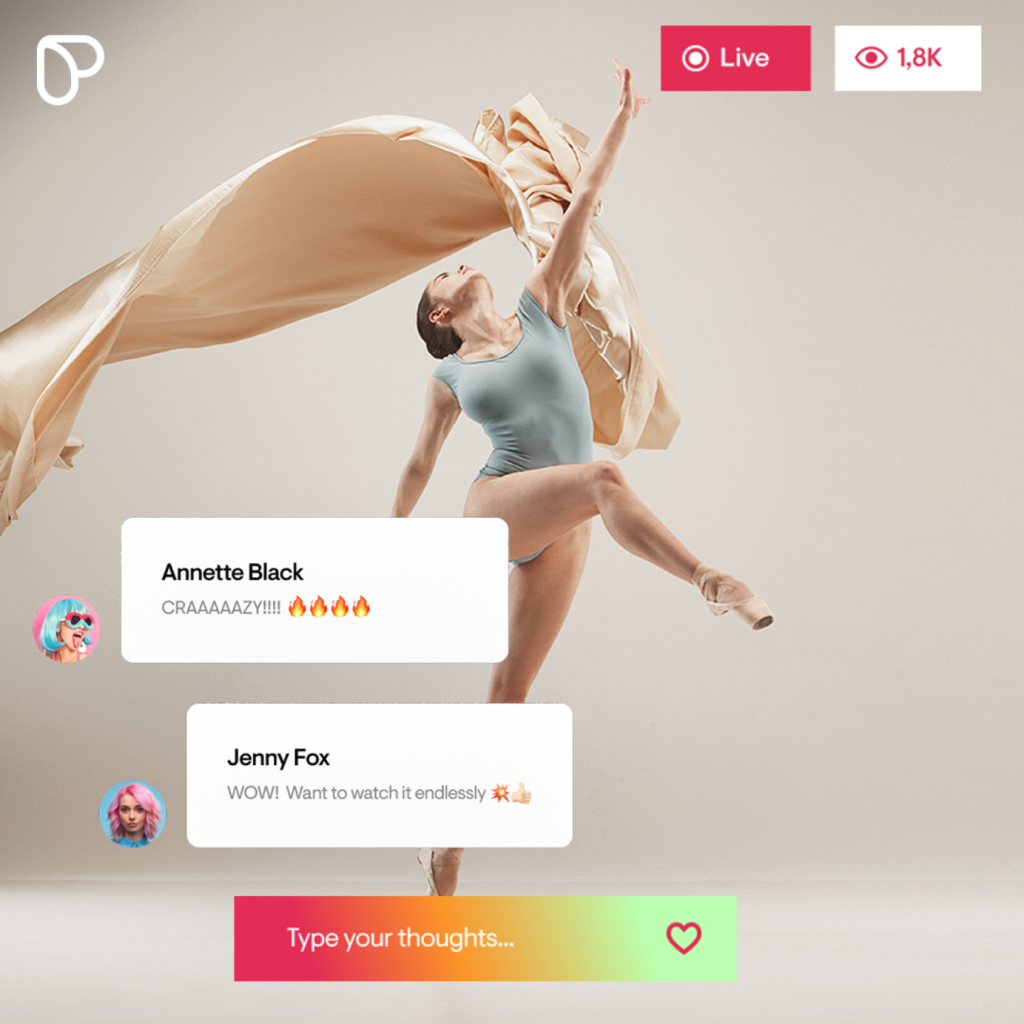
Do You Need An App For Your Online Business?
A Deep Dive Into The Key Differences Between A Website and an App…
Businesses are increasingly turning to online platforms to reach their audiences. As a result, the debate between websites and apps has become more prominent.
Both serve unique purposes and can significantly enhance your online digital presence, but they are fundamentally different in terms of functionality, user experience, and development.
Our 7 point deep dive explains the differences…
| 1. Definition and Purpose Website: A website is a collection of interlinked web pages hosted on a web server, accessible through the internet using a web browser. Websites are designed to provide information, showcase products, share content, and offer services to users. They are typically static or dynamic in nature and can be accessed on any device with a web browser. App: An application (app) is a software program designed to perform specific tasks or functions directly on a user’s device. Apps can be divided into three main categories: mobile apps, desktop apps, and web apps. Mobile apps are specifically designed for smartphones and tablets, while desktop apps are for computers. Web apps operate within a web browser but offer a more app-like experience. 2. Accessibility Website: Websites are universally accessible from any device with an internet connection and a web browser. Users simply type in the URL or click on a link to visit the site. This ease of access makes websites ideal for reaching a broad audience. App: Apps need to be downloaded and installed from app stores (such as Google Play Store or Apple App Store) or other platforms. This requirement can limit initial accessibility, but once installed, apps often provide a more personalised and optimized user experience. 3. User Experience Website: Websites provide a consistent experience across different devices since they are designed to be responsive. Modern web design practices ensure that websites adapt to various screen sizes and resolutions, offering a seamless experience whether accessed from a desktop, tablet, or smartphone. App: Apps are designed to leverage the native features of the device they are installed on, such as the camera, GPS, and touch gestures. This integration allows for a more intuitive and engaging user experience. Mobile apps, in particular, can provide faster performance and offline capabilities, which websites typically cannot. 4. Development and Maintenance Website: Developing a website generally involves using web technologies like HTML, CSS, and JavaScript. Content management systems (CMS) like WordPress, Wix, and Squarespace make it easier to build and maintain websites without extensive coding knowledge. Updates and maintenance are done on the server side, making it easier to deploy changes universally. App: App development is more complex and typically requires knowledge of specific programming languages and development environments. For instance, developing a native mobile app for iOS requires Swift or Objective-C, while Android apps require Java or Kotlin. Apps also need to be regularly updated and maintained through the respective app stores, which involves more rigorous processes compared to websites. 5. Cost and Time Website: Building a website is generally less expensive and time-consuming than developing an app. Tools and templates available on platforms like WordPress can significantly reduce costs and development time. App: App development can be costly and time-intensive, especially if you’re developing separate versions for different operating systems (iOS and Android). The need for ongoing updates, bug fixes, and compatibility with new devices and OS versions further adds to the cost. 6. Searchability and Reach Website: Websites are indexed by search engines like Google, making them easily searchable and discoverable. This searchability is crucial for attracting organic traffic and reaching a wider audience through search engine optimization (SEO). App: Apps are primarily found through app store searches, advertising, and word-of-mouth. While app store optimisation (ASO) can help improve discoverability, apps generally have a more limited reach compared to websites unless they gain significant popularity. 7. Usage and Engagement Website: Websites are ideal for providing information, sharing content, and offering services that don’t require extensive user interaction. They are well-suited for businesses looking to establish an online presence and reach a broad audience. App: Apps excel in scenarios where user engagement, personalization, and interaction are key. They are perfect for services that benefit from push notifications, offline access, and integration with device hardware. Apps can also foster higher user retention and engagement through tailored experiences. |
CONCLUSION
Choosing between a Website and an App depends on your specific goals, audience, and resources. If your aim is to reach a broad audience and provide accessible information, a website might be the best option. On the other hand, if you seek to offer a highly interactive and personalised experience, investing in an App could be more beneficial.Both websites and apps have unique advantages and can complement each other when used strategically. Understanding their differences and potential can help you make an informed decision and effectively leverage digital tools to achieve your objectives.

Interested in trying out an App?

| We’ve teamed with the people at Passion.io to give you a 14 Day FREE Trial! What you get: * Full access to Passio.io * Expert Unleashed ChallengePersonalised Onboarding Calls After your FREE Trial you can opt to try Passion.io for a full 30 days. Use it to create your own stunning app and launch it to the world.If at any time during those 30 days you change your mind, and you’ll get a full refund. |
